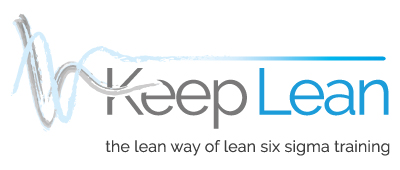Empower Your Business with Lean Six Sigma
Transformative Training and Certification Programs
Keeplean Simulator: Unmatched Six Sigma Training
World’s first ISO 17024-aligned, data-driven Lean Six Sigma simulator—experience real DMAIC projects with live metrics, unlike any static case study or generic tool. Drive authentic process improvements through browser-based, interactive scenarios tailored for Yellow, Green, and Black Belt mastery.
Purpose of the Advanced Six Sigma Virtual and interactive Project Simulation
This comprehensive training tool enables professionals and students to conduct complete virtual Six Sigma projects in a risk-free, interactive environment. Designed for both learning and skill development, the simulator provides hands-on experience with the full DMAIC methodology (Define, Measure, Analyze, Improve, Control) applied to realistic process optimization scenarios.
Key Training Objectives:
Process Optimization Mastery – Users execute end-to-end improvement projects, making data-driven decisions to reduce variation, eliminate waste, and enhance process capability—all within a controlled virtual setting that accelerates learning without real-world consequences.
Statistical Problem-Solving Skills – The simulator integrates essential Six Sigma statistical tools including hypothesis testing, control charts, process capability analysis, regression analysis, and Design of Experiments (DOE), allowing users to apply these techniques to authentic business challenges.
Practical Project Experience – Learners navigate through realistic scenarios involving quality issues, cycle time reduction, defect elimination, and process stabilization, developing the critical thinking and analytical skills required for successful Six Sigma project execution.
Safe Learning Environment – Users can experiment with different improvement strategies, test hypotheses, and learn from mistakes without risking actual production disruptions or business costs, building confidence before applying these methods in real workplace situations.
Discover Keeplean
At Keeplean SARL-S, we specialize in guiding organizations through transformative Lean Six Sigma journeys. Our mission is to enhance operational efficiency and drive sustainable growth through expert consultancy and tailored training programs. With a foundation in Luxembourg, we bring international expertise and innovative training tools to help businesses excel in process optimization.
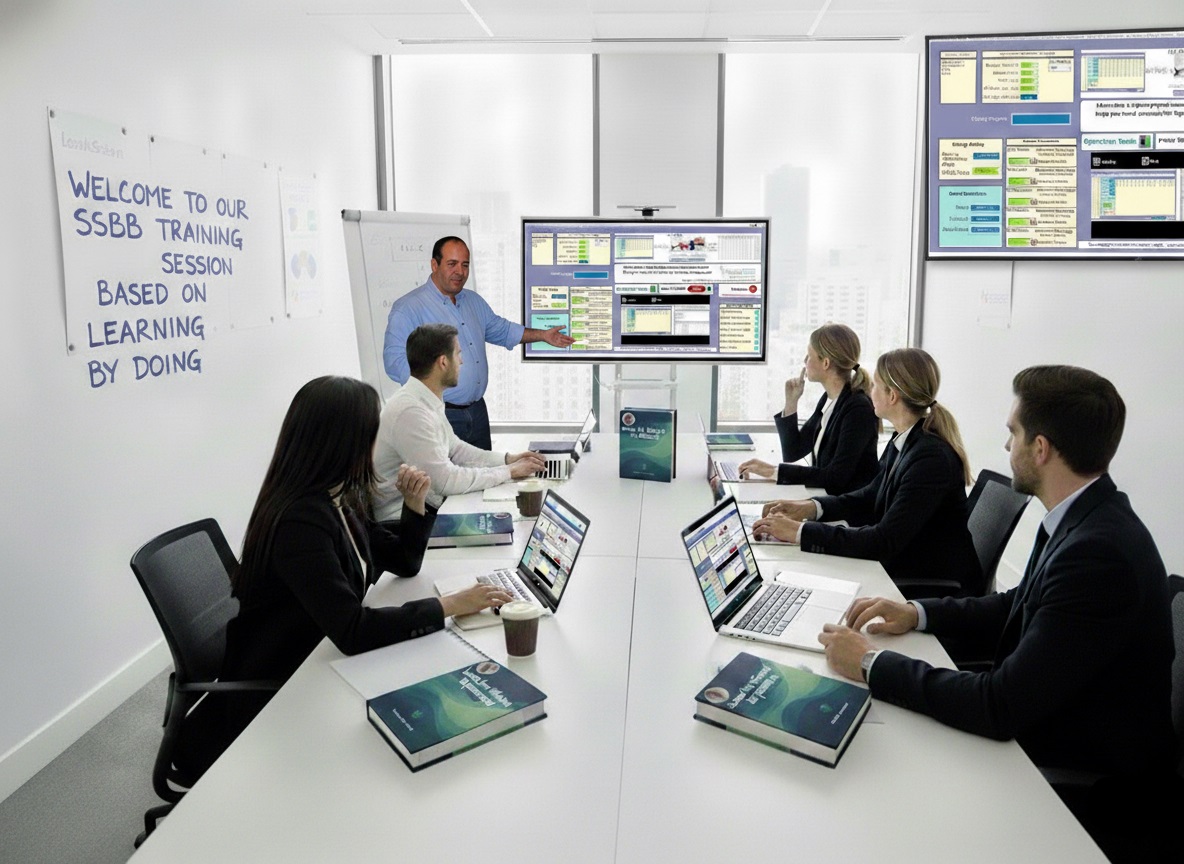
Our Specialized Services
Seminars - Webinars: Lean Six Sigma
Elevate your Lean Six Sigma expertise through two powerful formats:
Workshops (In-Class or On-Site)
Hands-on, collaborative sessions where teams tackle real-world challenges using practical exercises and group problem-solving—ideal for building management buy-in and trust in proven and efficient methodologies.
Webinars (Interactive Simulators)
Dynamic online experiences powered by Keeplean’s simulators, letting you drive virtual projects with live data analysis and scenario testing—perfect for ambitious professionals mastering strategic capabilities remotely.
Certification: Lean and Six Sigma
Advance your career with Yellow, Green, or Black Belt programs blending theory and hands-on practice tailored to your industry. Go beyond traditional case studies—use Keeplean’s interactive simulators to drive real-world projects, simulating authentic challenges for unmatched practical mastery.
Earn globally recognized certification conforming to ISO 17024 standards.
Tailored Problem Solving Options: Online Consultancy or On-site Support
Keeplean delivers customized problem-solving solutions using Lean Six Sigma methodologies, from root cause analysis through DMAIC project execution. We provide hands-on assistance with full project follow-up, ensuring measurable results through structured coaching and continuous improvement support for your production teams.
Enhanced Digitalisation
We accelerate your digital transformation with bespoke tools including interactive dashboards for real-time process monitoring, advanced simulators for scenario testing and training, and IoT integrations connecting machinery parameters directly to technician interfaces for precise, on-the-fly adjustments.
Key Capabilities
Six Sigma Expertise: Root cause analysis, defect reduction (99 % targets), statistical process control for manufacturing.
Custom Applications: IoT dashboards for parameter setting, real-time technician interfaces, predictive modeling and simulators integrated with Six Sigma projects.

Training Programs Overview
At Keeplean SARL-S, we offer comprehensive Lean Six Sigma certification programs designed to elevate your professional skills. Our Yellow, Green, and Black Belt courses are tailored for various industries including Manufacturing, Services, and Healthcare. Each program combines theoretical knowledge with practical applications through workshops, simulations. Choose from our flexible learning options: Online, Blended, Classroom, or on site to suit your schedule and learning preferences. Join us to master Lean Excellence and Sigma Precision.
Basic Training programs (Customized program available under request)
Yellow Belt
Foundational Lean Six Sigma Essentials
Perfect for beginners and team contributors. Master core concepts, basic tools like 5S and waste identification, plus introductory DMAIC over 1-2 days (8-16 hours). Includes simple exercises to support projects—no prior experience needed. ISO 17024 aligned certification.
| Module | Key Topics |
|---|---|
| 1. Introduction | Lean principles, Six Sigma basics, DMAIC overview |
| 2. Waste Identification | 8 Wastes (TIMWOODS), 5S methodology |
| 3. Basic Tools | Process mapping, Pareto charts, root cause analysis |
| 4. Practical Exercises | Simple kaizen events, team exercises |
| 5. Certification Prep | Quiz and case study walkthrough |
Green Belt
Project Leadership Mastery
For analysts and mid-level leaders. Dive into full DMAIC, data analysis (Pareto, fishbone), and leading small-to-medium projects over 3-5 days (40-80 hours). Features Keeplean simulator for real-world scenario practice, plus case studies. Builds skills for measurable process improvements.
| Module | Key Topics |
|---|---|
| 1. DMAIC Deep Dive | Define/Measure phases, SIPOC diagrams |
| 2. Data Collection | Sampling, measurement systems, baseline metrics |
| 3. Analyze Phase | Fishbone diagrams, hypothesis testing, 5 Whys |
| 4. Improve & Control | Pilots, control plans, simulator project simulation |
| 5. Project Leadership | Stakeholder management, ROI calculation |
| 6. Exam & Review | Full project presentation, certification assessment |
Black Belt
Advanced Change Driver
Elite training for project managers and strategists. Covers complex stats, DOE, Minitab integration, and cross-functional leadership over 2-4 weeks (100+ hours). Drive high-ROI projects via interactive simulators mimicking enterprise challenges; mentor Green Belts. Globally recognized ISO 17024 certification.
| Module | Key Topics |
|---|---|
| 1. Strategic DMAIC | Complex project selection, financial justification |
| 2. Advanced Stats | DOE, regression analysis, capability studies |
| 3. Minitab Mastery | Gage R&R, ANOVA, control charts automation |
| 4. Leadership Skills | Change management, cross-functional coaching |
| 5. Enterprise Simulation | Keeplean simulator for multi-phase projects |
| 6. Sustainability | Audit preparation, long-term metrics tracking |
| 7. Certification Portfolio | Full project defense, ISO 17024 exam |
Upcoming Seminars & Certifications
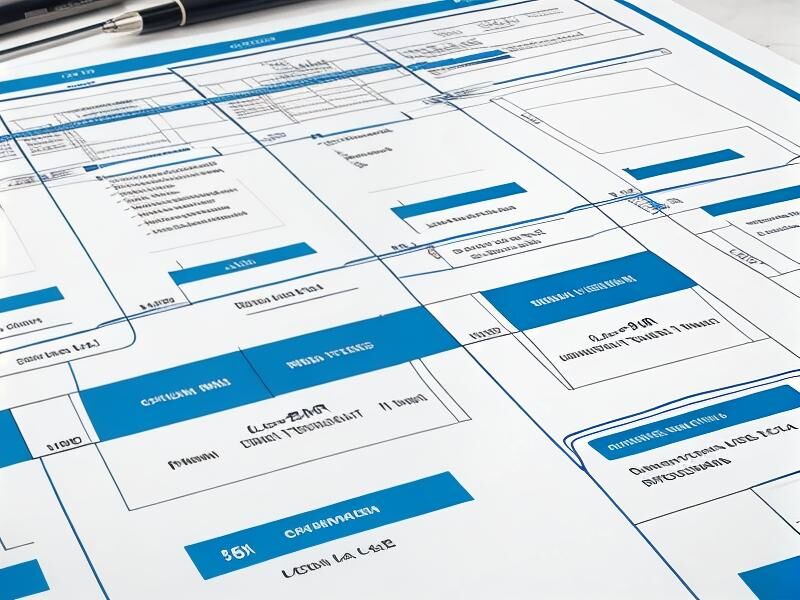
Lean Six Sigma Yellow Belt Workshop
Join our intensive Yellow Belt workshop to gain foundational skills in Lean Six Sigma methodologies. Ideal for beginners looking to enhance their process improvement capabilities.
March 2, 2026
Paid
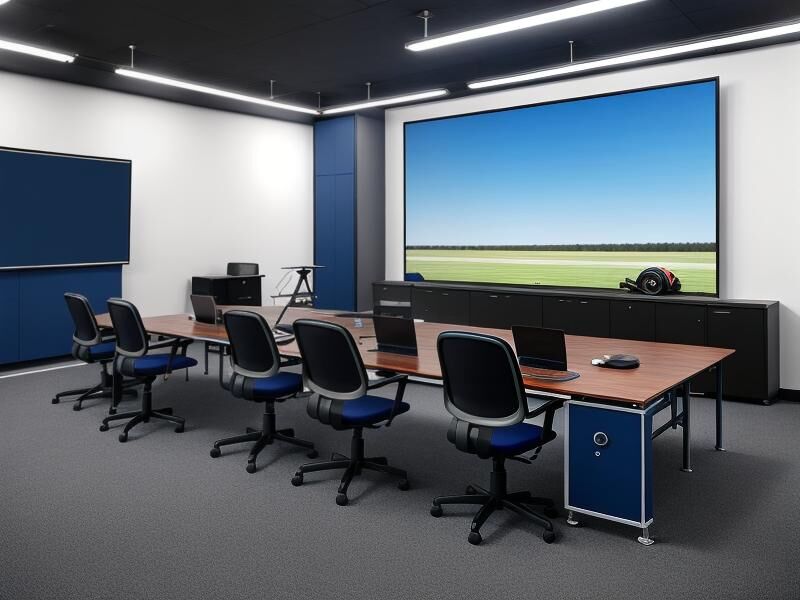
Green Belt Certification Program
Our Green Belt program offers in-depth training in Lean Six Sigma tools and techniques, perfect for professionals aiming to lead improvement projects.
April 16, 2026
Paid
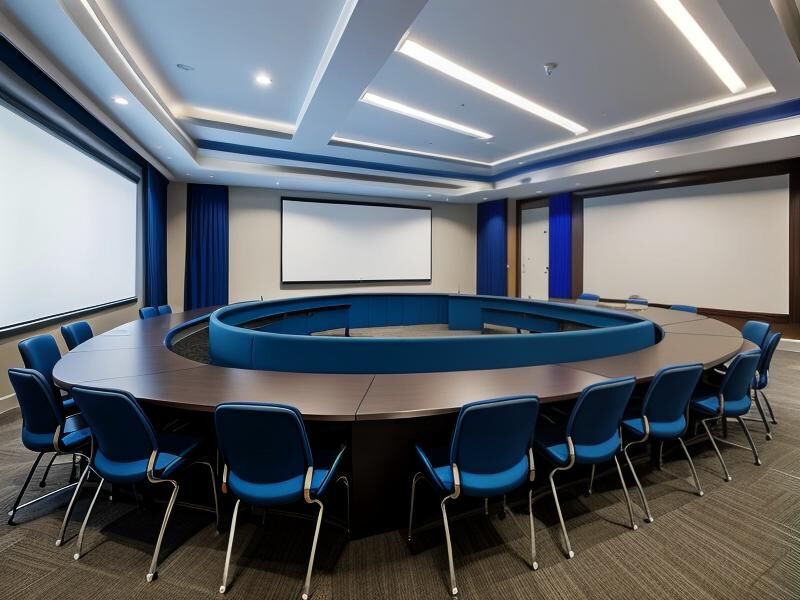
Black Belt Advanced Seminar
Advance your expertise with our Black Belt seminar, focusing on strategic project leadership and advanced analytical techniques.
April 27, 2026
Paid
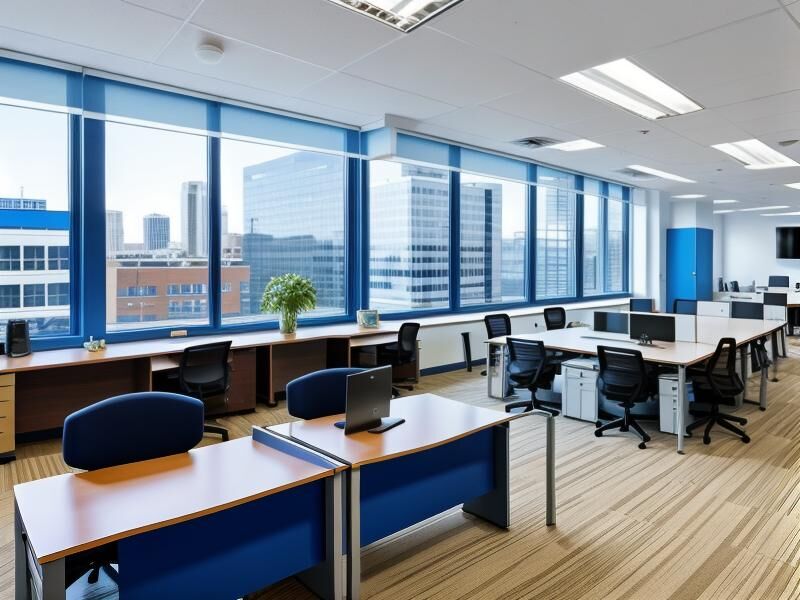
Logistics Optimization Conference
Discover the latest trends in logistics optimization at our upcoming conference, featuring expert speakers and interactive sessions.
May 11, 2026
Paid
